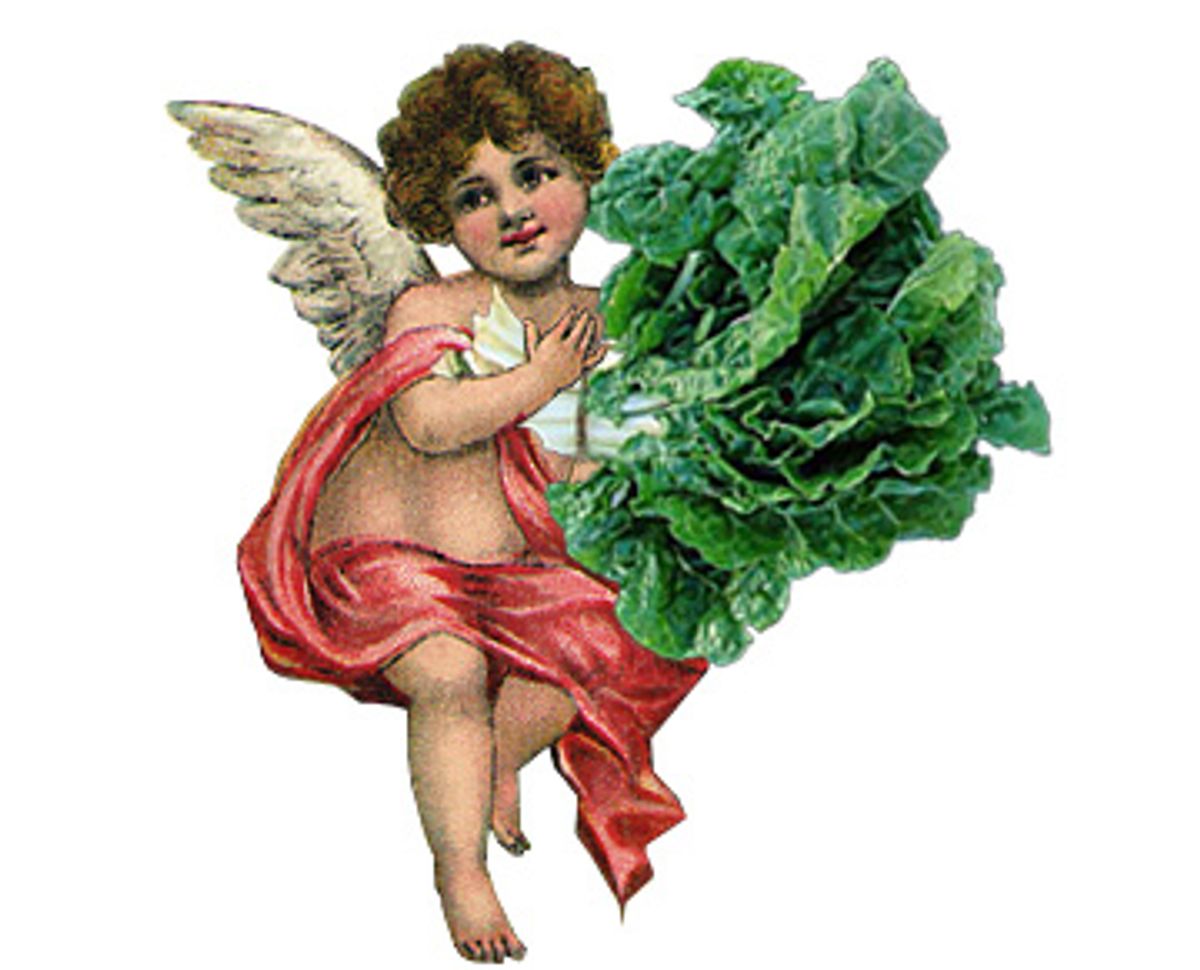Dear Pablo,
Valentine's Day is coming up, and I feel I should get my significant other some flowers. But I've read that flowers, especially in winter, have to be shipped from South America and other places. What's a responsible Cupid to do?
Yes, Hallmark Day is upon us and it's time to give our sweethearts sappy cards, chocolate and little heart-shaped candies that taste like chalk. Aside from the commercialization, I do appreciate the intent behind the holiday and intend to brighten my wife's day with some flowers. You are right, though: With most of the nation in the midst of winter, there is little chance that those dozen roses are coming from your neighborhood rosebush.
The United States imports between 60 and 80 percent of its cut flowers, and most of them come from greenhouses in Latin America, or even as far away as Africa or Europe. Up to 90 percent of the roses sold for Valentine's Day are from Colombia and Ecuador; in 2006, the wholesale value of imported roses was over $300 million.
The additional air freight for bringing these flowers in is certainly not insignificant. If your order (plus packaging) weighs two pounds, you are contributing more than six pounds of greenhouse gases to the atmosphere. In addition, growers of flowers do not have to adhere to the food safety standards that produce suppliers do, and so flowers may be doused in chemicals to ward off pests to maintain their unblemished appearance.
The U.S. Department of Agriculture's Animal and Plant Health Inspection Service checks for pests and invasive weeds on around 500 million plants (live and cut) each year, but they do not test for biocide residue. Even though you hopefully won't be eating your bouquet, the mere thought of skin contact or inhalation of chemicals may leave you in a less-than-romantic mood. This is also bad news for the people that pick the flowers and for the creeks that receive the runoff. In Colombia, flower-plantation workers are exposed to 127 types of pesticides, the Sierra Club tells us, and flower farms have polluted and depleted Bogota's streams and groundwater.
In case you're feeling your amorous intentions slip away, don't despair. VeriFlora is a certification program for sustainably grown flowers, requiring not only high environmental standards but also fair labor practices. Several months ago, I noticed that my local Trader Joe's was selling VeriFlora-certified flowers, and now I always look for the VeriFlora label before I buy flowers for any occasion.
You can venture online to Organic Bouquet, where you can find a wide selection of VeriFlora and USDA-certified organic flowers. Organic Bouquet imports its flowers from Ecuador, but insists they are grown on farms that meet organic standards. Although your order is shipped from the company's Miami headquarters via overnight air, it will have a lower environmental impact than non-organic flowers because the flowers won't be saturated in biocides. If your sweetie would still be appalled by all of those aircraft emissions, you can always get a potted plant of a native species at your local nursery.
Besides, who said you even have to give flowers? Consider gathering local organic produce that is in season and making a romantic dinner. To save on electricity, you can turn off the lights and dine by the soft glow of soy-based candles. No matter what you do, as long as you keep the environment in mind, it will surely be a Valentine's Day to remember.
Got a question about the environment? Ask Pablo at AskPablo@Salon.com.



Shares